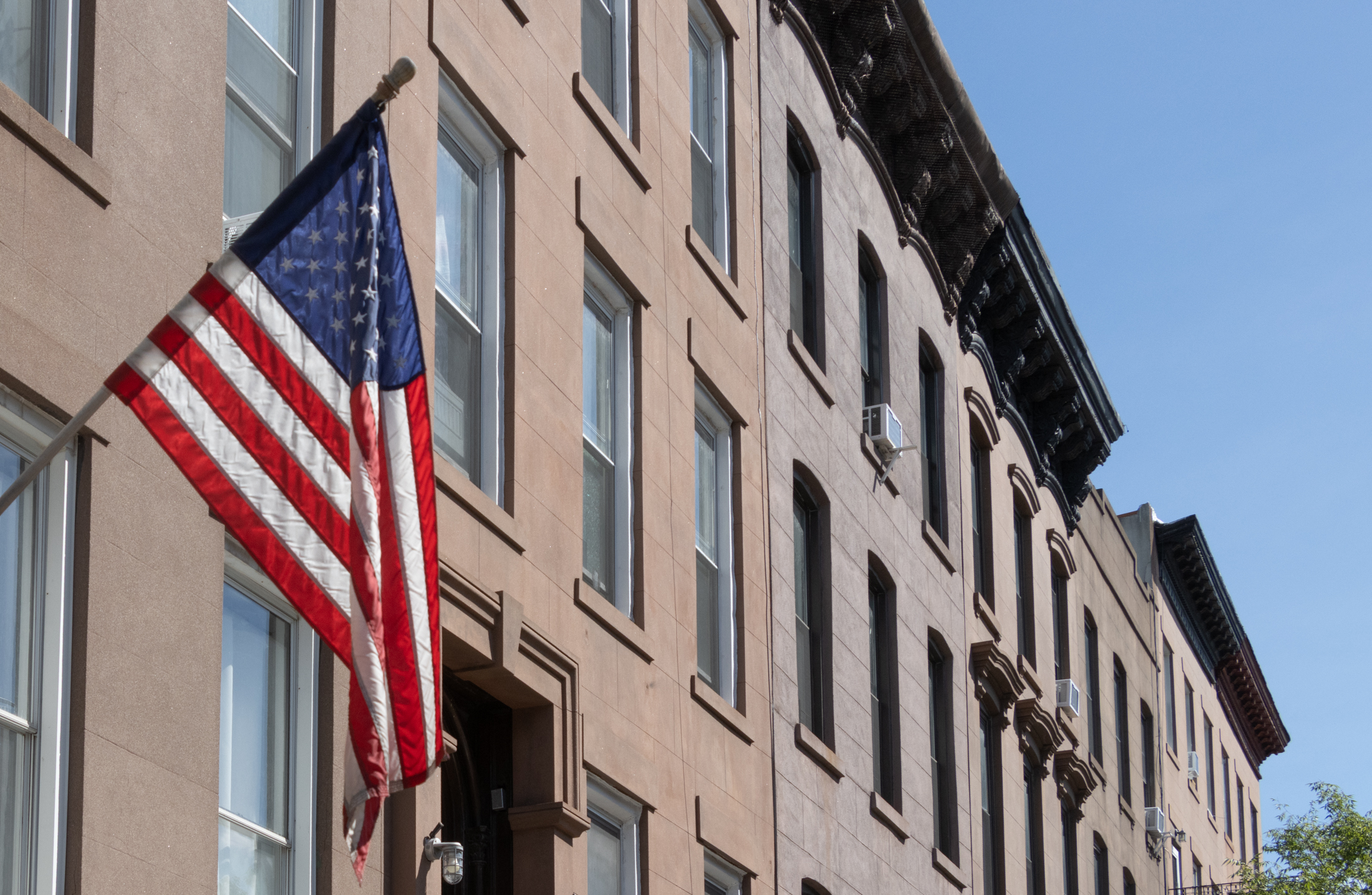In Bull Market, Wisconsin FSBOs Outdo Realtors
Contrary to researched performed by the National Association of Realtors (surprise, surprise!), a new study of the housing market in Madison, Wisconsin by two economists from Northwestern University has found that, after accounting for commissions, owners who sold their homes on their own did better than those who used an agent. The paper, which has…


Contrary to researched performed by the National Association of Realtors (surprise, surprise!), a new study of the housing market in Madison, Wisconsin by two economists from Northwestern University has found that, after accounting for commissions, owners who sold their homes on their own did better than those who used an agent. The paper, which has yet to be published, looked at the period from 1998 to 2004, a time in which the market only went one direction, up. The authors are currently studying data from 2005 and 2006 to see whether the results might differ under more difficult market conditions. In the agents’ defense, the research revealed that the broker listings tended to sell faster than the FSBOs; it also did not account for the value of other services provided by brokers (or, we assume, the value of the owners’ time). Food for thought, nonetheless. Another thought: What about selection bias in this study? What about all the people who tried to sell their own homes, failed and then gave the house to a broker? Wonder how that was accounted for in the study.
One City’s Home Sellers Do Better on Their Own [NY TImes]
Photo by TroyM





Brooklyn is way worse than Manhattan when it comes to co-brokering. One of the main reasons to list with a broker is because thousands of other brokers will see the listing and hopefully a few serious buyers will be brought in.
Since most Brooklyn brokers don’t co-broke, I see no reason to use any of them. I’d sooner choose one of the big Manhattan based firms since they all co-broke.
donatella,
you really think if someone wanted to case your house, having a realtor would be a deterrent? i really can’t imagine that would be the case.
Re NYC, although we are the safest big city in the US, the whole FSBO trip seems to be an invitation to flim flam universe to case your house. Definately not for me.
I am really curious what a study like that would reveal in nyc since brokers don’t even have the advantage of an MLS.
I don’t get it. It’s $150 to post an ad and put up a sign. I can do that on craigslist for free. The sign is a few bucks at Home Depot. If you’re going to cut out the realtor, do it right…a nice website, good advertising, etc.
The meaningful selection bias issue has nothing to do with whether people go to FSO or brokers first. The issue is whether FSBOers skew up or down relative to the population so as to tilt the average price of the house in the FSBO sample. Thus, without determining whether there is selection bias, you can’t tell whether, by comparing average sale prices, you can tell whether one route is better than the other. That could skew results either way, depending upon the bias. Maybe more affluent people with mroe valuable homes are more likely to FSBO on average, or maybe the really high end wouldn’t deign to do it. Either way the price comparison is skewed.
I think the hope of the authors of the study is that, since FSBOMadison has 20% of the market, the sample is sufficiently large to be representative of the market. No one knows if this is true.
The best method is sort of impossible. take 100 houses and sell them all both ways simultaneously and then compare average contract prices for each method. Did the average house sell for more one way or the other?
selection bias works both ways….plenty of people change to fsbo after an agent fails….
Here’s a few take-away items from the story for the agents reading:
firstly, regarding issues of selection bias — the aforementioned report has yet to be peer-reviewed, so all the stats work hasn’t had its ‘day in court’ so to speak.
and some quotes:
Some aspects tilted in agents’ favor. The researchers found that homes on the multiple listing service sold somewhat faster than houses on the FSBO site.
On average, it took FSBO homes 125 days to sell and agent-sold homes 105 days. A faster sale, of course, can save money on mortgage payments, taxes and insurance, the economists noted.
The study also did not place a value on other services provided by agents in selling a home.
An agent explains: “Most people list with a Realtor because they don’t want to hassle with it. It’s complex. There’s a lot of drama.â€
A seller explains: “I couldn’t take the personal interaction of people walking in my house and making nasty comments,†(the seller) said. “I don’t want to hear that people didn’t like my wallpaper. Six percent was well worth paying for.â€
FSBOMadison.com, the subject of a January 2006 article in The New York Times, charges $150 for an ad on the site and a yard sign. … it quickly grabbed a market share of roughly 20 percent. That made it among the most successful challengers in the country to real estate agent domination of home sales.
“We don’t have national data,†Mr. Nevo, one of the authors, said. “FSBOMadison is unique.
If you can get your fsbo house featured here on brownstoner, then it is definitely a way to save the 5% commission! (if it is priced right)